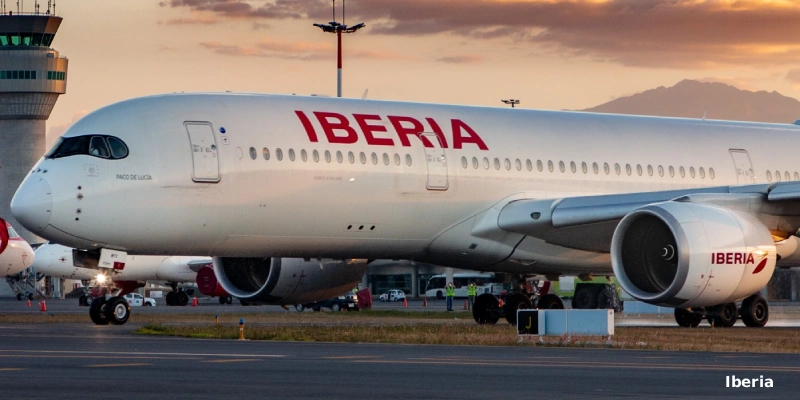Virgin Atlantic and Rolls-Royce confirm the successful Sustainable Aviation Fuel (SAF) blend ground test on the Rolls-Royce Trent 1000 engine. The test marks a key milestone in the project which will see the world’s first 100% SAF flight travel across the Atlantic from London Heathrow to New York JFK on a Boeing 787 Dreamliner, set to take off on 28 November 2023.
In addition to the test, fuel suppliers Air bp and Virent have been announced to supply the 60 tonnes of SAF to be used in the world first, supporting consortium research, testing and the flight itself. The SAF will be produced through the Hydroprocessed Esters and Fatty Acids (HEFA) pathway as well as synthetic aromatic kerosene (SAK) SAF at an 88% and 12% blend ratio.
SAF typically delivers CO2 lifecycle emissions savings of more than 70% whilst performing like the traditional jet fuel it replaces. SAF has a fundamental role to play in aviation’s decarbonisation and pathway to Net Zero 2050. Today, SAF represents less than 0.1% of jet fuel volumes and fuel standards allow for just a 50% SAF blend in commercial jet engines. The one-off Virgin Atlantic flight in November will demonstrate the potential of SAF as a 100% drop-in replacement for fossil fuel today.
→ Virgin Atlantic announces new routes across three continents
The realisation of the 100% SAF transatlantic flight taking to the skies is a challenging task requiring cross industry collaboration and dedicated project teams working on the research, testing and operations to make it happen. The Virgin Atlantic led consortium, joint funded by the Department for Transport, includes Rolls Royce, Boeing, University of Sheffield, Imperial College London and Rocky Mountain Institute.
Virgin Atlantic and the consortium will leverage the 100% SAF transatlantic flight to further SAF use, as well as addressing other environmental impacts of the sector. The project will demonstrate further reductions in CO2 from operational efficiencies, contribute to research and development into the non-CO2 effects of flying, and provide an end-to-end life cycle analysis of the flight. Any residual CO2 emissions from the flight will be mitigated using innovative carbon removals from biochar projects.
“The 100% Sustainable Aviation Fuel transatlantic flight will be a historic moment in aviation’s roadmap to decarbonisation. Alongside fleet transformation, SAF is the most readily available way for our industry to decarbonise, but currently there’s not enough supply and without it and the radical collaboration required to produce it, we can’t meet our 2030 targets”, Shai Weiss, CEO, Virgin Atlantic, said.
“We are incredibly proud that our Trent 1000 engines will power the first ever flight using 100% Sustainable Aviation Fuel across the Atlantic. Confirming that we have successfully completed the ground test of the Trent 1000 engine today, using the chosen 100% SAF blend, gives us increased confidence for the engine’s performance and operation ahead of the flight this November”, Rob Watson, President – Civil Aerospace, Rolls-Royce, said.
“Boeing is proud to provide technical expertise and support for this testing as we gear-up for Virgin Atlantic’s flagship Boeing 787 Dreamliner to make the first 100% SAF transatlantic flight. We look forward to continuing to work with our project partners on this journey, taking one more step towards a sustainable future of flight”, Sheila Remes, Vice President, Environmental Sustainability, Boeing said.
Photo: Anna Zvereva/Wikipedia
Related Topics
LATAM Suspends Lima-Havana Flights Due to Fuel Supply Crisis in Cuba
LATAM Recognized for Third Time by APEX as Airline with “Best Inflight Entertainment in South America”
Iberia to Offer Record Capacity to Latin America This Summer: 3.35 Million Seats and Up to 366 Weekly Flights
LATAM Resumes Flights Between Bogota and Caracas Starting February 23

Plataforma Informativa de Aviación Comercial con 13 años de trayectoria.




